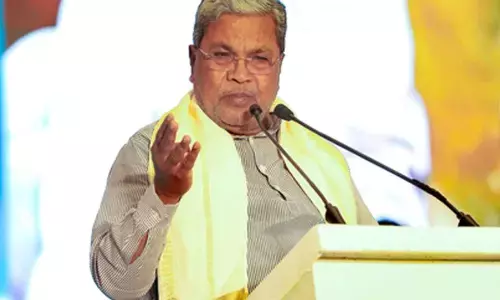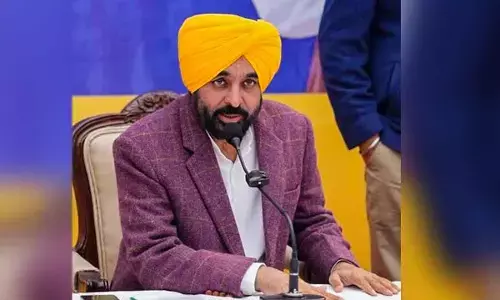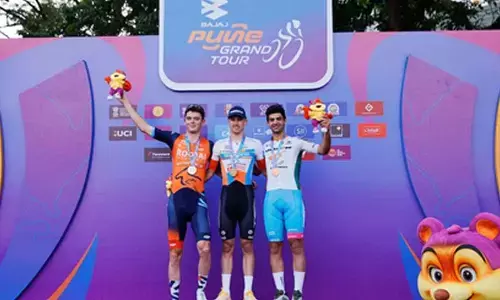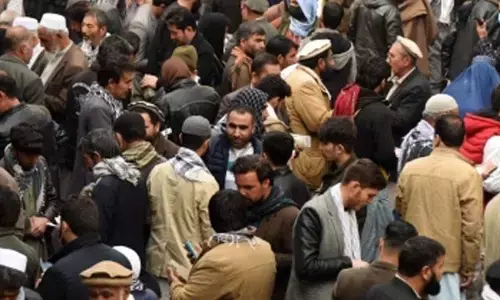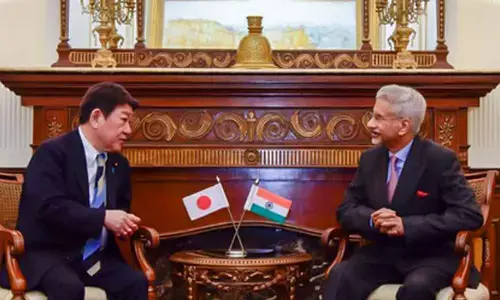Community stem cell banking is here
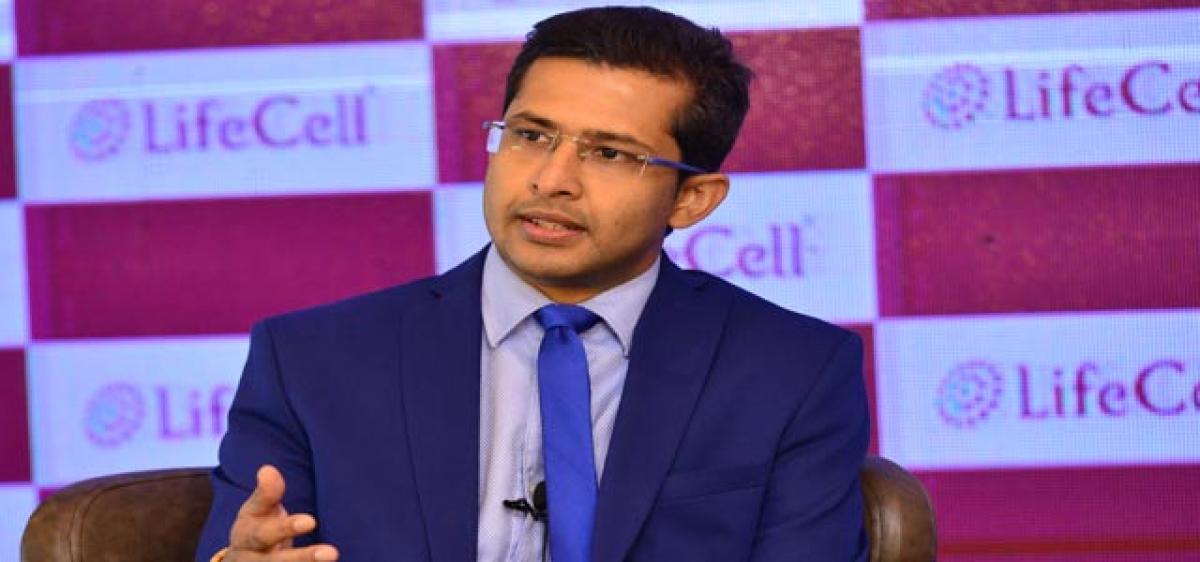
It is an innovation that augurs well for millions of Indian families and comes courtesy of the country’s pioneering stem cell provider, LifeCell International. It is being hailed as the most viable means for preserving a baby’s umbilical cord stem cells at birth using a process that benefits the parents and siblings.
It is an innovation that augurs well for millions of Indian families and comes courtesy of the country’s pioneering stem cell provider, LifeCell International. It is being hailed as the most viable means for preserving a baby’s umbilical cord stem cells at birth using a process that benefits the parents and siblings.
LifeCell has ushered in renewed hope in the form of Baby Cord Share, a Community Stem Cell Banking that ‘will redefine the very concept of stem cell, particularly in the Indian context’.
In an interaction on Friday, Mayur Abhaya, Managing Director and CEO of LifeCell told The Hans India, “With increasing awareness amongst the parents preserving their baby’s stem cells, community banking could help increase the inventory by more than 50,000 every year.
Through community banking of cord blood units, India has the potential to become the world’s largest inventory of stem cells thereby increasing the scope of potentially lifesaving stem cell transplants for babies, their families, their communities and others of Indian origin worldwide.”
Stating that Baby Cord Share will effectively address the need for creating a larger inventory of stem cells in the country, given its population, Abhaya stated that its uniqueness lies in blending the benefits of private and public banks that go a long way in meeting the challenges of sourcing matching stem cells.
The new concept allows sharing of preserved umbilical cord stem cells amongst the community of parents. With a larger access to donor stem cells, there is a higher probability for finding a matching donor stem cell for treatments. Community banking also helps parents and siblings in accessing stem cells from the community pool, thus providing a comprehensive family benefit for treatments.
“With an addition of 50,000 units to the community bank every year, notwithstanding the existing inventory of two lakh units, there will be a corresponding increase in the community base,” said Abhaya while pointing out that they have put in place collection centres all over the country.
In Hyderabad, LifeCell has working associations with leading hospitals and maternity centres.
Giving a statistical account, he said that individual risks of acquiring a blood or immune-related conditions that are eventually treatable by stem cells are one in 20. This, taken as a whole, translates to nearly 80 per cent requiring stem cells from a donor, while the remainder would require their own stem cells.
Meanwhile, in a new move, and what comes as a cost-effective offer and makes economic sense, community stem cell banking will be available at a starting price of Rs 16,990 with an annual storage fee of Rs 4,000.
This is similar to paying premium for an insurance cover and saves on the huge amounts spent when dealing with private preserving banks. “Baby Cord Share implies a win-win situation for all concerned,” asserted Abhaya.
He said that they were in touch with government agencies and premier hospitals to take this mission forward and spread the reach to every nook and corner. LifeCell is forayed into the Middle East to cater to the huge Indian populace that dwells in the region.








